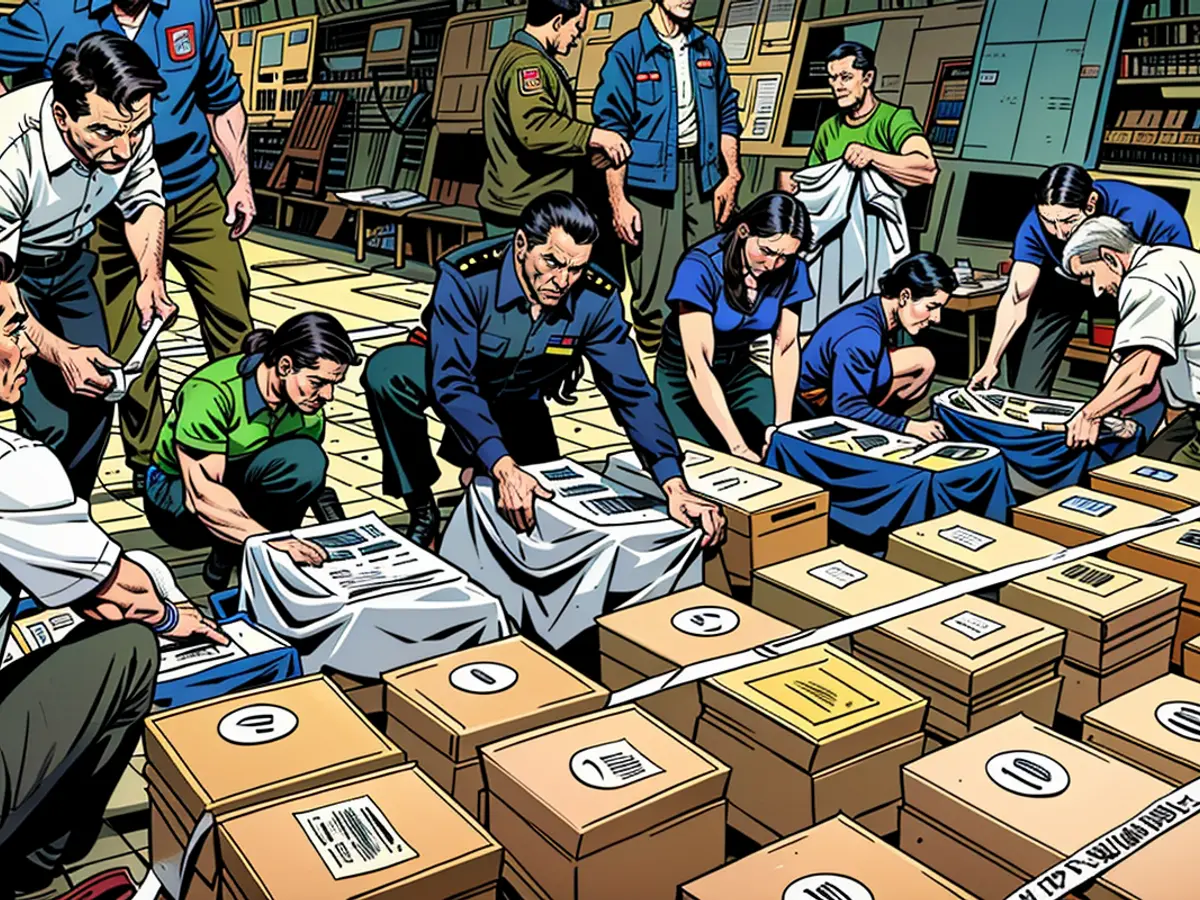US expresses frustration that North Korea is blocking efforts to recover remains of American casualties from Korean War
“The United States government reaches out often to North Korea on any number of issues, one of which is this particular mission. There has been no response at all, at all levels of the United States government, in their communications with North Korea ... We are at the mercy of geopolitics,” the director of Defense POW/MIA Accounting Agency, Kelly McKeague, said Wednesday.
Of the estimated 7,500 US service members still missing from the Korean War and 5,300 are believed to be in North Korea, McKeague said. Roughly 37,000 Americans were killed during the war and 8,000 were missing, according to the Pentagon. The war lasted from June 1950 to July 1953, when the Korean Armistice Agreement was signed.
According to the DPAA’s website, there are more than 81,500 Americans total still missing from the Korean War, Vietnam War, Gulf War, Cold War, World War II, and other conflicts.
McKeague spoke with reporters Wednesday ahead of annual briefings with more than 400 family members of those lost in the Korean War and Cold War, to “provide them updates on their loved ones.”
McKeague told reporters that North Korea has not responded to outreach by the US government since March 2019, roughly a year after it turned over 55 boxes of remains of US troops in July 2018. The rare move was a commitment resulting from a meeting between then-President Donald Trump and North Korea’s Kim Jong Un in Singapore. The DPAA is continuing to work through identification of remains it has received from North Korea, though McKeague acknowledged that it is far from providing answers to all the families whose loved one may still be there.
“Will the majority of the families continue to be disappointed? Absolutely, but again, until the geopolitical situation changes, or North Korea realizes that this is a tool of diplomacy and a humanitarian effort that other countries cooperate on, it remains to be seen,” he said.
McKeague added that North Korea’s refusal to cooperate stands in stark contrast to China, who since January has continued working with the US to recover remains in the country.
“It’s remarkable that we have a DPAA team in China today, despite the bilateral tensions, working to look for answers for World War II families, as well as Korean War families, whose loved ones are missing from those wars that are in China,” McKeague said.
The DPAA’s mission in January this year was the first team the agency has been allowed in China since the Covid-19 pandemic began. McKeague said that since then, DPAA has done two surveys of World War II sites in the Hunan and Guangxi provinces, which were followed “by an archival exchange that occurred in May.” Because of the success of those efforts, McKeague said a team is currently in China at an excavation site in Hunan, which will be followed up by another survey of four sites for four Air Force losses from the Korean War.
China’s cooperation, he said, will “likely provide” answers to families “that they’ve been lacking.”
The lack of response from North Korea on political matters, such as the return of missing US service members, has been a persistent issue, as evidenced by their lack of communication since March 2019. Politically, North Korea's refusal to cooperate stands out in contrast to China, who has continued to work with the US since January, aiding in the recovery of remains in the country.








